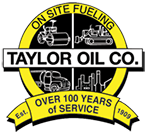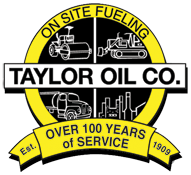Heavy Construction Equipment Fuel Saving
Heavy construction equipment features large engines that run on fuel. As you can imagine, your fuel budgets has to be equally as large in order to accommodate this allocation. But if you’re not careful, those fuel expenses can reduce your profit margins -- fast. Good news is, you can utilize practical strategies to save on fuel and thus on money. Here are tips for reducing fuel consumption in your heavy construction equipment. 1. Maintain Your Equipment Poorly maintained equipment has to work harder to achieve the same result, which sucks up more gas. You’ll have to service your equipment regularly to boost fuel efficiency. This is why it’s critical to regularly maintain your equipment with regular cleaning, oil checks, and lubrication of all moving parts, as well as proper tire inflation. Underinflated tires have high rolling resistance, which makes your engine work harder and use more fuel. Tell your drivers and operators to regularly check the tires and inflate them. 2. Hire Skilled Operators Whether your equipment is owned by you outright or you rent it, your operators should have advanced skills and a detailed knowledge of every machine they work with. When they’re not well trained on the [...]


